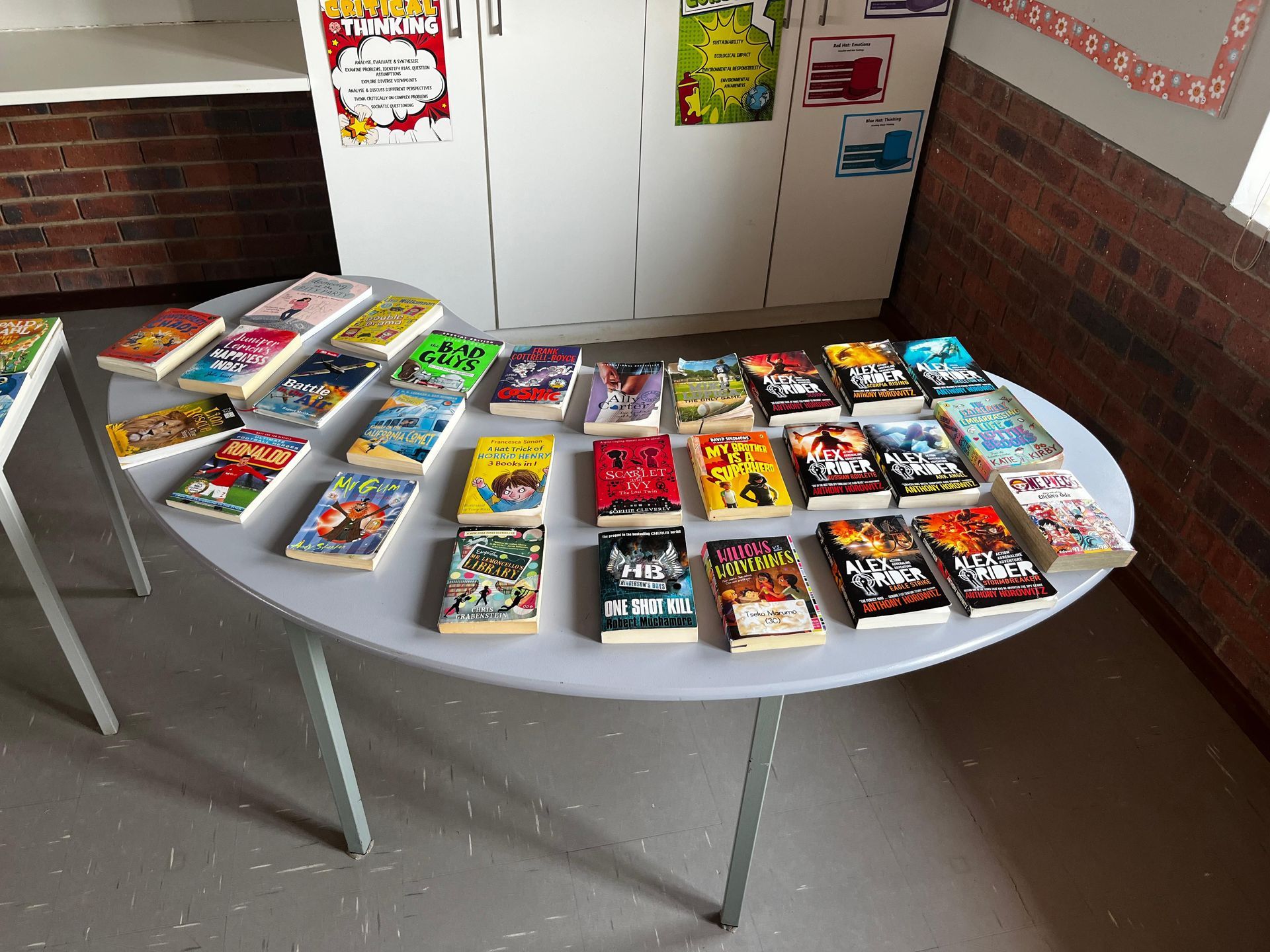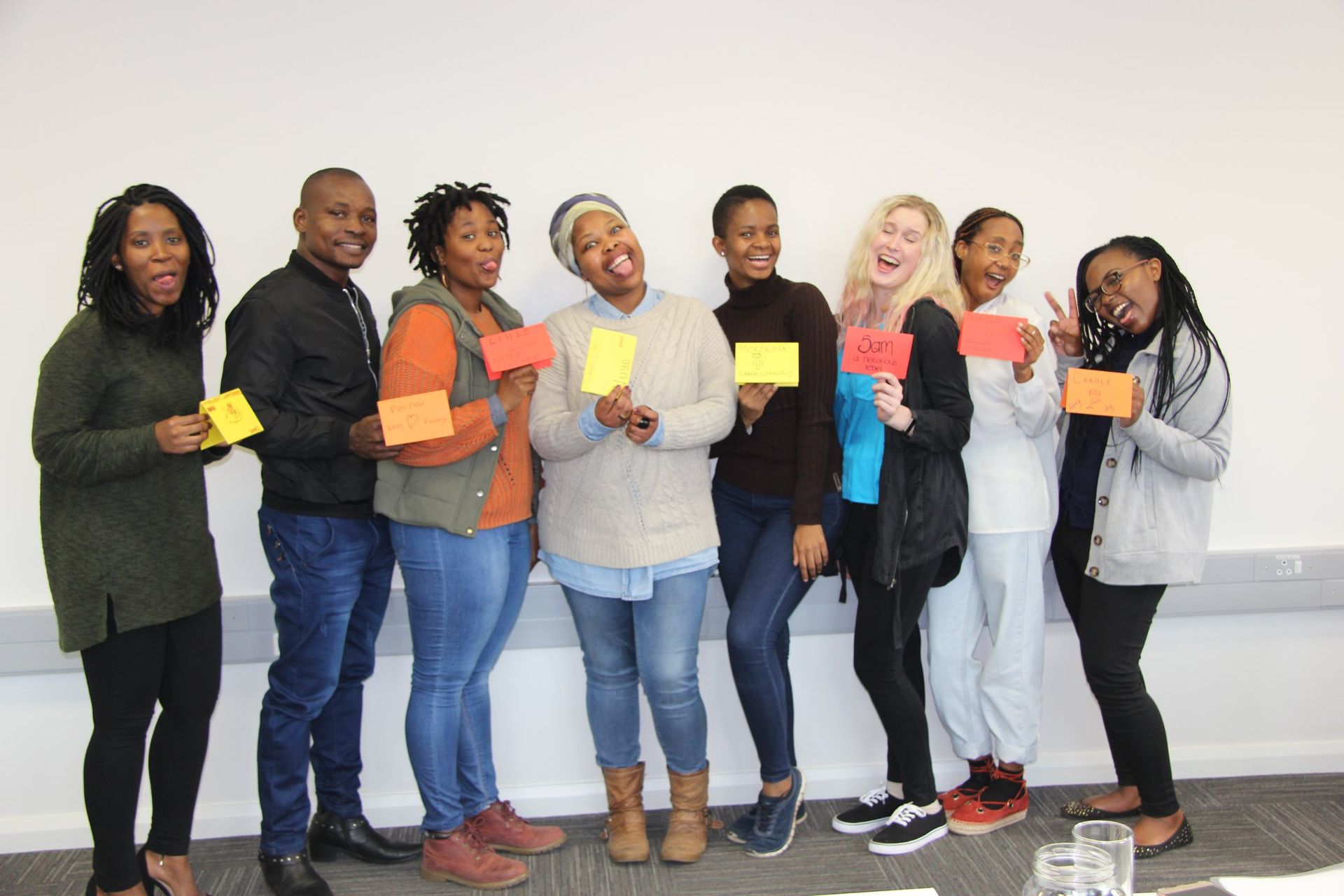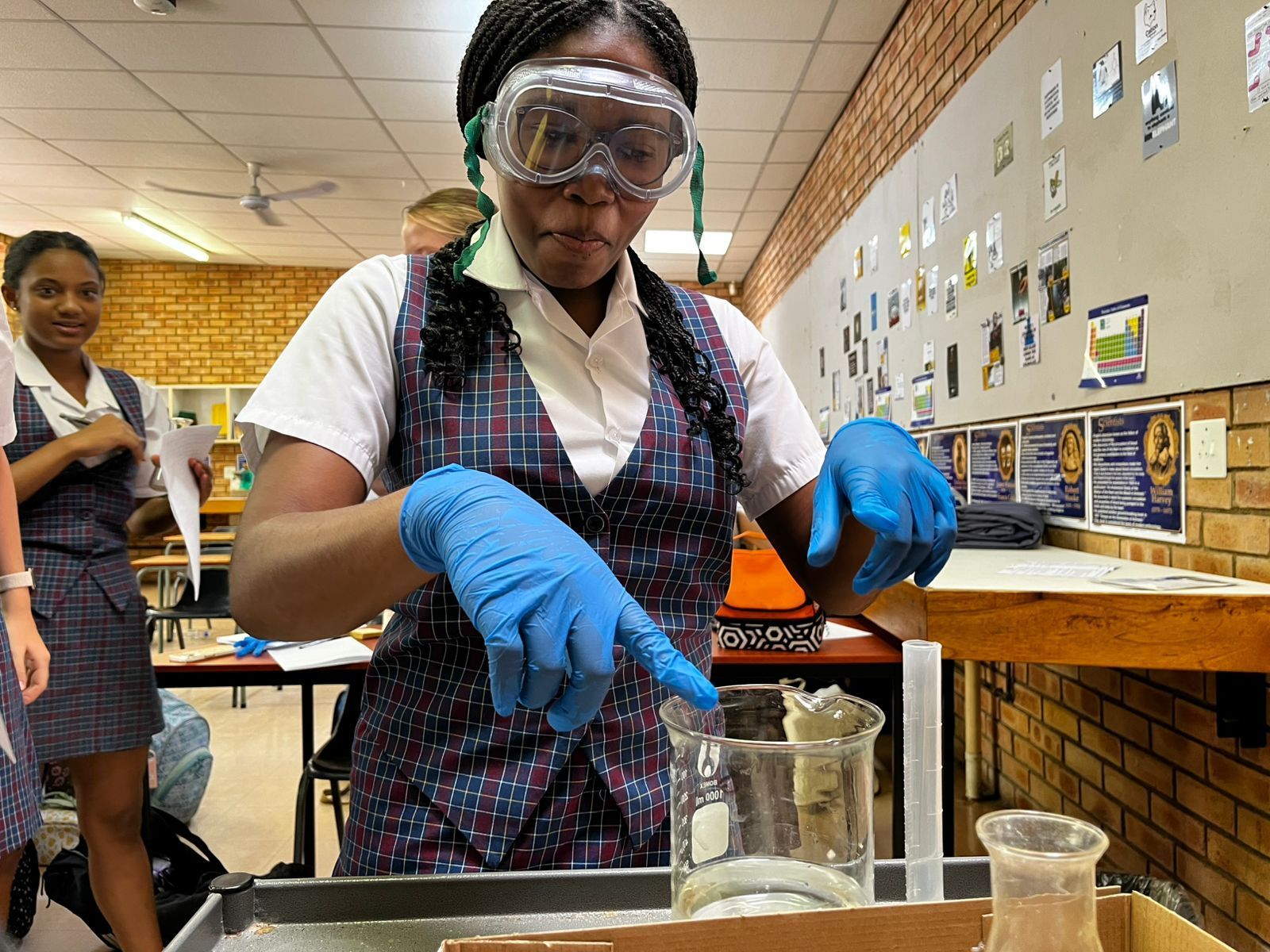Why Independent Play is Great for Kids
The Importance Of Independent Play

There’s nothing wrong with giving your child a little bit of alone time. In fact, children need their space too. Many parents believe that children require constant attention and need to be kept busy, but this is not the case. Leaving your child to play independently doesn’t just give you that small break you’ve been wishing for, it is beneficial to their development too.
Have you ever come home from a long day and just wanted a little peace and quiet? Children feel the same way too sometimes. Being at school can require them to be sociable and constantly interacting with their peers and teachers. Sometimes they look forward to coming home to play and unwind in their own space.
“Children need the freedom and time to play. Play is not a luxury. Play is a necessity.”
Kay Redfield Jamison
Independent play is a necessity for children, here’s why:
1. Imagination skyrockets
Independent play allows your child to be as creative as they want to be, without any judgment or input from others. They create imaginary worlds that are filled with their own creative ideas. Don’t be surprised if they tell you the floor is made of lava and you have to jump on couches to avoid getting burned.
2. Mood balances
After running around outside and playing with their friends all day, children find peace in being alone. It brings them a sense of serenity and they can be themselves, without having to find the energy to interact. This alone time teaches them to balance and regulate their emotions.
3. Self-Reliant and confident
Don’t feel guilty about encouraging your child to play on their own. It builds up their confidence and teaches them that sometimes, solitude is best. They have all this freedom on their hands, and this creates opportunities where they’re not limited by someone else. This tests their mind, their willingness and ability to learn.
“Only children believe they’re capable of everything.”
Paulo Coelho
4. Fast learners
Mental health is not only important for adults, children with calm minds tend to make better decisions and succeed at school. Through independent play, children are forced to think for themselves. This enhances their focus and concentration skills, which helps them develop a longer attention span.
5. Independent and empowered
Children who learn how to be independent will grow up knowing that they are in charge of their own actions. At social events, they won’t give in to peer pressure because they understand that they’re in control. Their independency helps them make conscious decisions based on their own thoughts.
Some children won’t adapt as quickly to independent play as others and need some inspiration. Through practice and patience, you can guide your child and ease them into playing on their own.
At Trinityhouse, we believe independency is an important skill for children to learn. We have identified five Core Global Competencies that we carry out from Pre-Primary to Matric and self-management skills are one of them.
How do you feel about independent play for your children? We’d love to hear your stories below!
Should you have any questions or queries, Enquire Now and we will gladly assist. For more information on who we are, you can find out more on our About Us page.
Enrolments at Trinityhouse are now open, Apply Now.














